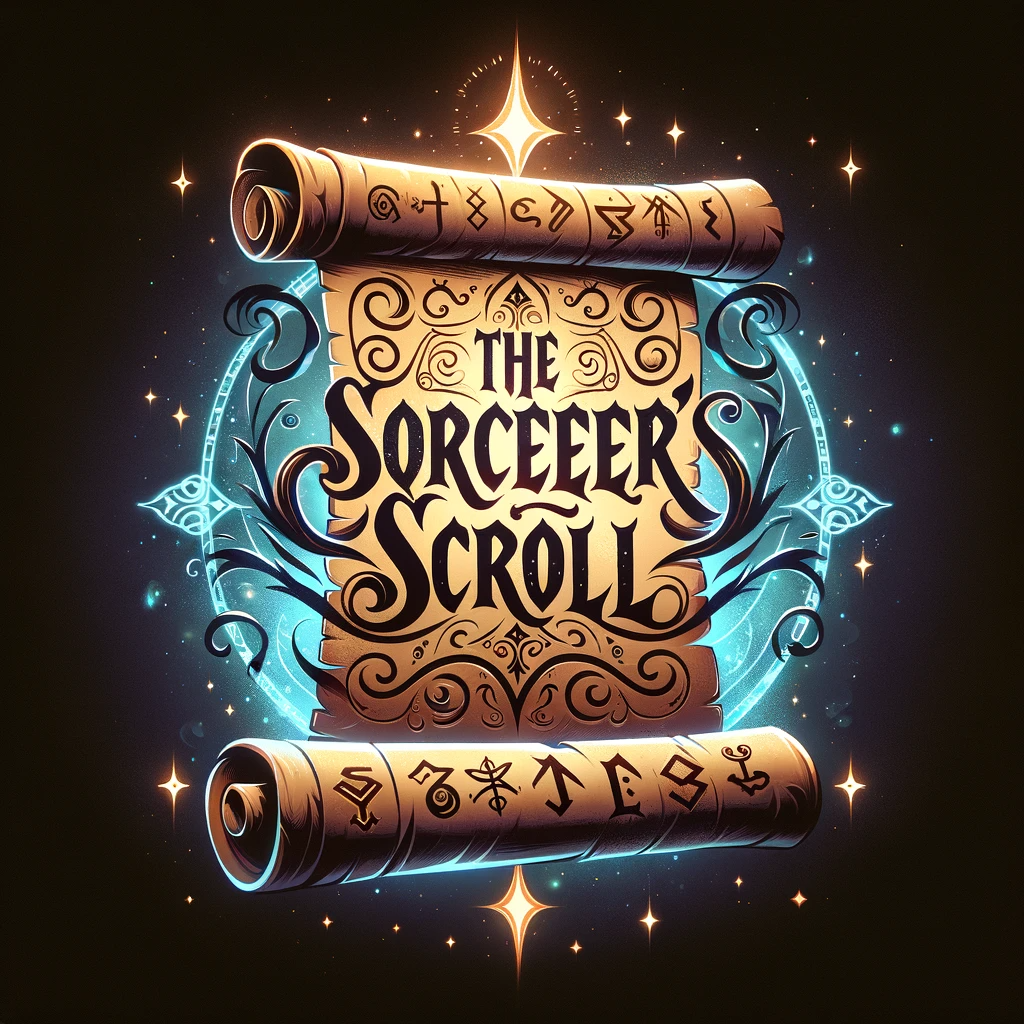by Nawal El Saadawi
I picked up this book as a part of my worldbuilding research and as an input to my post last week: Politics, Power, and Women Protagonists. I blew through it. There is so much to say about it that I struggle with where to begin, but my very first response was a resounding WOW! If you haven’t read this, here’s a link to buy it now:
Summary
The story is one woman’s story. She is a woman condemned to death in and by a culture that (in my opinion) is very difficult for someone raised in the United States to understand or fathom. She has murdered someone and is unashamed of that fact. She tells her story passionately and with conviction and with no regrets, and the entirety of the story is an exploration of the power struggles between genders. Firdaus found her power and in turn, she was feared. This is a feminist piece, but it is also a cultural piece and a very human piece.
Culture
“That love of a ruler and love of Allah were one and indivisible.”
Page 11
In a society where we value checks and balances, debate, and individuality, this quote alone was a striking cultural statement. It let me know that I’m dealing with a place where the rules are different than what I know. It combines religion, state, and person and shows the values and beliefs of a people in a highly black and white manner. In reading this book, I frequently had to remind myself not to sympathize or judge, but to simply try to learn and empathize. It’s not often a book pushes me in that direction, and this one certainly did–not only from the cultural aspects but the choices and viewpoints as well.
Feminism
Whether or not you consider yourself a feminist or you consider that the genders are equal, I challenge you as you read this to not take a stance. I challenge you to not feel sorry for Firdaus, but hold the position of
“Each time I picked up a newspaper and found the picture of a man who was one of them, I would spit on it. I knew I was only spitting on a piece of paper which I needed for covering the kitchen shelves. Nevertheless I spat, and then left the spit where it was to dry.”
page 9 and page 111
Firdaus says this at the beginning of her story and at the end. What it meant to me when I walked away was that all the traditions of her culture, all those holy rituals, all those acceptances of the behaviors are what really did this to her. It’s not a single man, it’s all men and how men are made in this culture.
Worldbuilding
As far as the tie back to worldbuilding…Firdaus’s is a culture I am unfamiliar with. As a result, the pieces that brought this world to life for me were in the tiniest of details: her first piastre, her first vision of herself in the mirror at her uncle’s in a dress that didn’t fall all the way to the floor, the hard couch she slept on, the men’s dirty versus clean nails, and of course, the Nile. Most of the story was about how she felt throughout it all, but through these little pieces of normalcy in her culture, it paints a vivid setting in my mind. In the worlds I create, this is the natural feeling I seek to emulate. In my opinion, as fantasy authors and worldbuilders, this is the subtlety of building a world we should all strive for.
In the end…
When all is said and done, I gave this a 4.5 star rating, because there is one aspect that I had to school myself to believe within the story. Out of all the men she encountered, it is hard for me to fathom that there was not a single one with whom we could believe there was any goodness in the gender. That alone felt a bit unreal. In stories, I also look for a ray of hope within the darkness, something that shows the opportunity for change. So, while this is a powerful in almost every way, I have trouble with the thought that all men represent the antagonist.
I’ll leave this review with one last line that I found poignant about this piece…a line that embodies the strength Firdaus found in the end…a line that holds a solid message for the collective wrongs that are perpetuated through years of cultural development…
“They do not fear my knife. It is my truth which frightens them.”
page 112
Cheers, my fellow bibliophiles. Happy reading!

